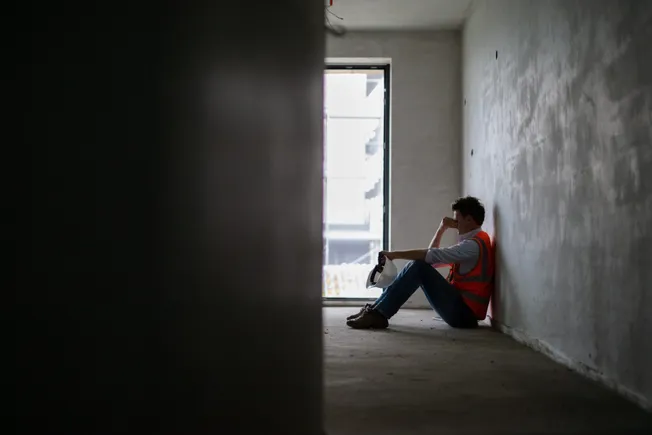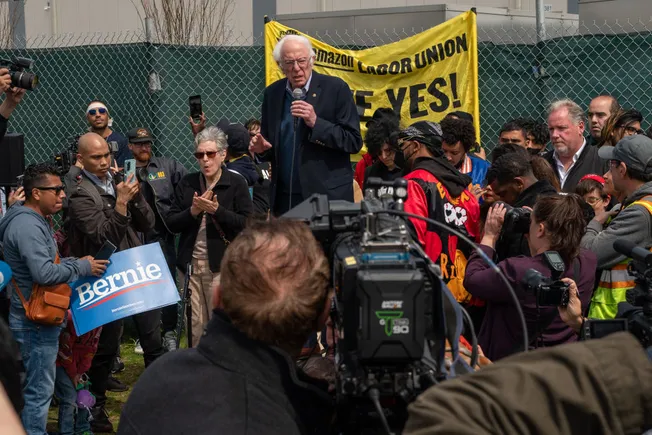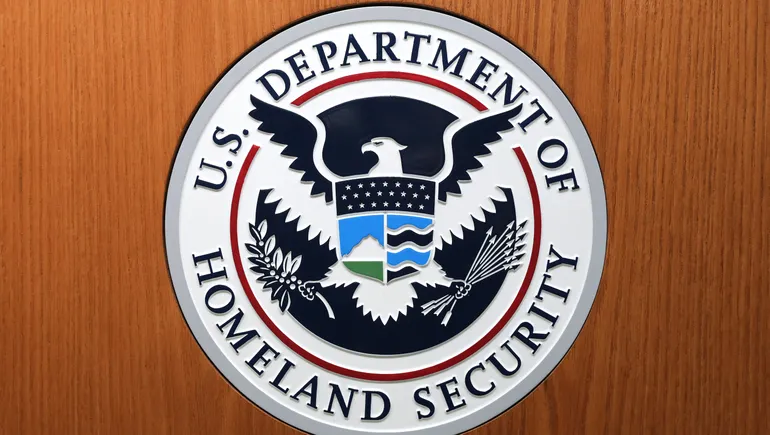Loneliness in the workplace leads to lower job performance, decreased job satisfaction and increased turnover, according to a Dec. 10 report from the Integrated Benefits Institute.
About 13% of the workforce said they experience loneliness, which can show up as social isolation from colleagues. In addition, 27% reported clinically relevant anxiety, and 20% reported clinically relevant depression.
“IBI’s research revealed that individuals experiencing frequent loneliness were more than seven times more likely to suffer from anxiety or depression,” Carole Bonner, IBI researcher and lead author of the report, said in a statement. “This remarkably strong association highlights loneliness as a critical public health concern that we can no longer afford to ignore.”
In terms of workplace impact, employees with clinically relevant anxiety or depression averaged 4.6 more sick days per year and higher rates of other chronic health conditions, including musculoskeletal conditions (46%), obesity (39%) and acute COVID-19 (32%). Being a parent of a child with mental health needs also increased the odds of anxiety or depression by 92% and loneliness by 77%.
However, workers with social support had a 91% reduced odds of loneliness.
To support employees, IBI suggested creating a comprehensive approach that includes work arrangements, psychological safety and implementation challenges.
More than 4 in 10 workers say they feel somewhat lonely or very lonely at work, according to a Perceptyx report. Having an overbooked schedule makes loneliness worse, while returning to the office doesn’t necessarily help, the report found.
Corporate policies can be lifesaving for workers who face loneliness and isolation in the workplace. For some, that means more direct communication with co-workers, fewer meetings and a healthy work-life balance, per a report from The Conference Board.






Leave a Reply